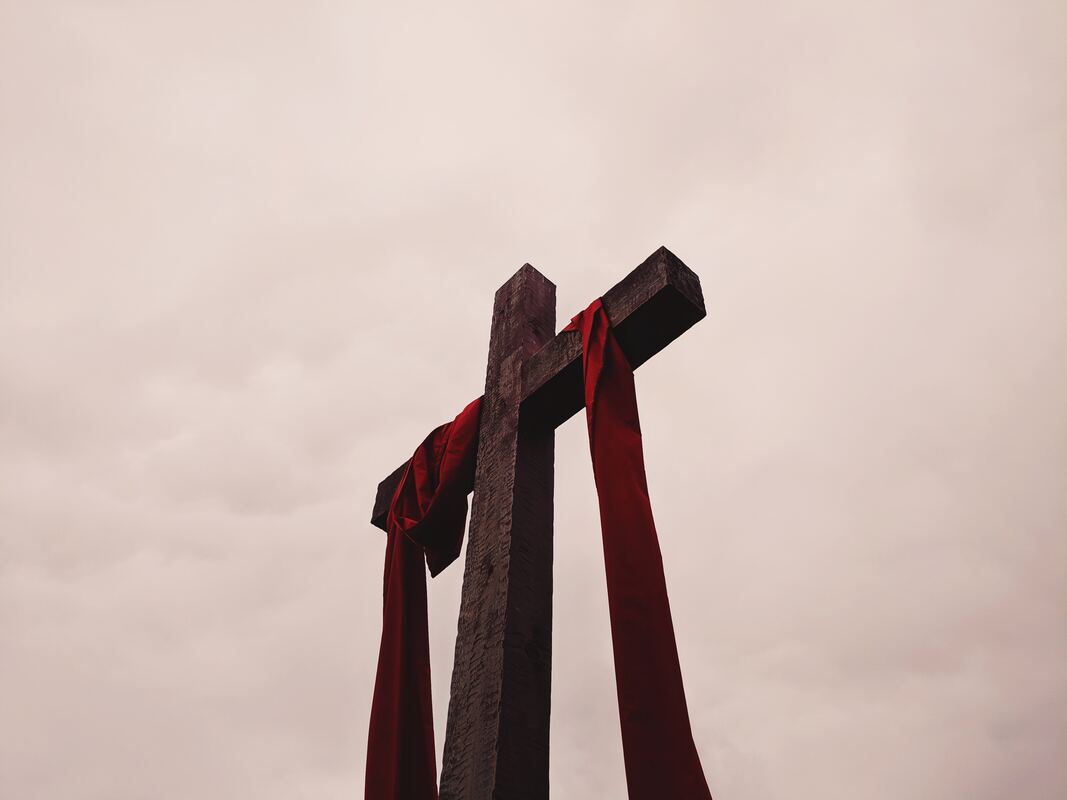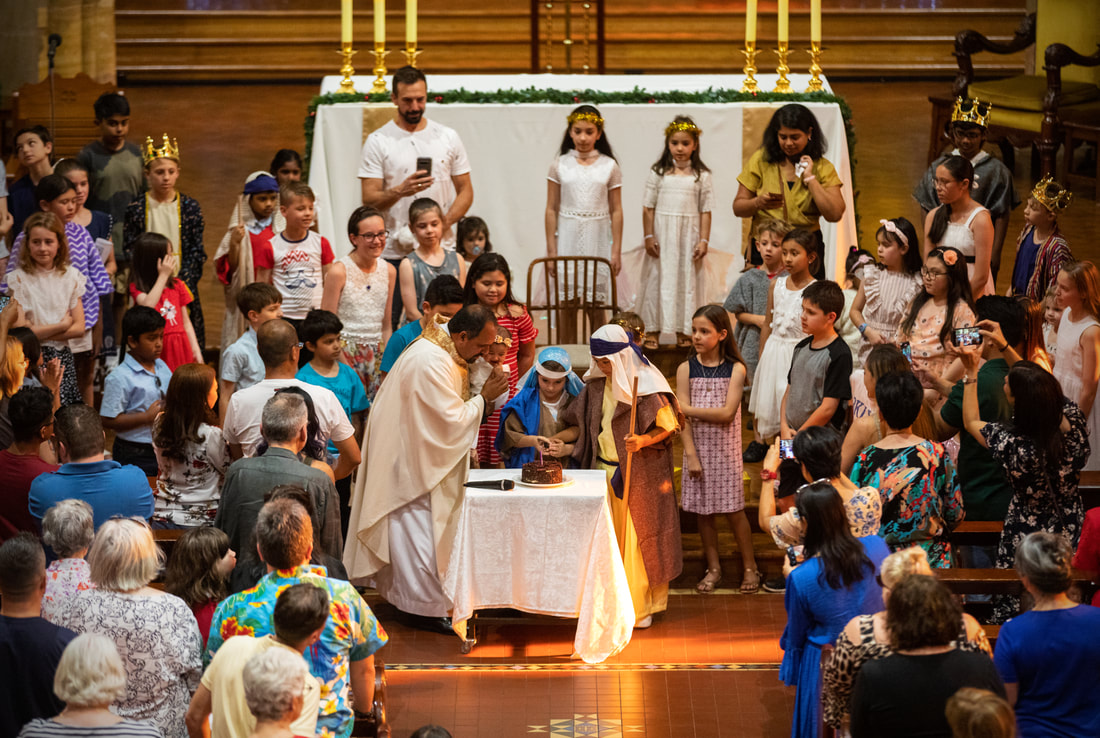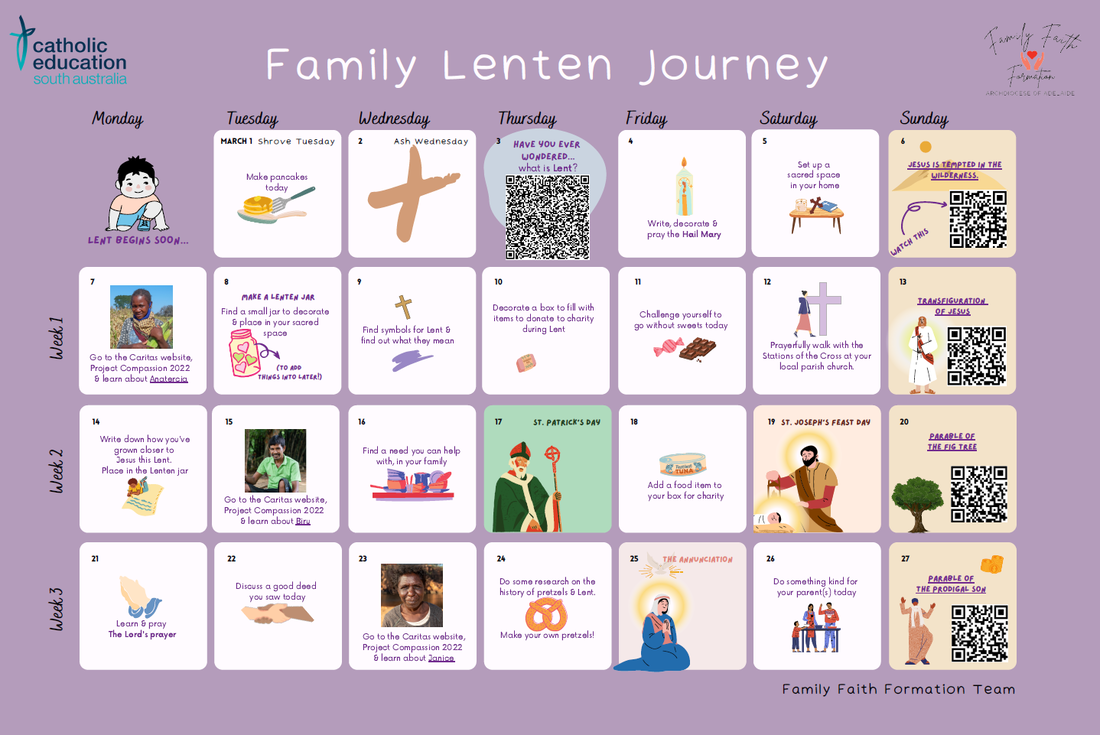|
By Lauren Bierer One Easter, not long after moving to Australia from the United States, my husband and I made a big mistake. We bought our children bikes so that they could play outside but they took it as a sign that Easter was a time for receiving gifts. Every Easter since they have provided us with a wish list and we find ourselves in an unwanted battle.
As church musicians, my husband and I have never used the Easter long weekend as a time for vacation as these days are the most important in the liturgical year and the busiest weekend for musicians. The sacred triduum is a three-day liturgy that begins at dusk on Holy Thursday and ends at dusk on Easter Sunday. Our children have experienced a few Holy Thursday Masses and remember the story of the Last Supper and the ritual of the foot washing. They have seen the altar stripped and flowers removed in preparation for the starkest liturgy in our Church calendar.
0 Comments
By Lauren Bierer Christmas lunch is either something you look forward to or something you dread. The food, the company, the conversations, the gift exchange; a lot of it hinges on both the choices you make and the people you are with. Are we gathering out of obligation or with love? How well do we know the people around the table? How could we make time with family and friends more meaningful?
Priya Parker, author of The Art of Gathering says that ‘a part of the art of gathering is to get people off their scripts and do things that are unexpected’. As we gather for the third Christmas since learning the word ‘COVID’, we must acknowledge that each person’s experience is unique. Trauma, fear, worry, anxiety, depression, loss, illness are all very real and significant in some people’s lives. By Lauren Bierer It’s as true for children as it is for adults: faith must be practised. We can teach, certainly, and instruct and inform. But what will be remembered are those tangible, in-the-flesh actions that get God out of our heads and into our hearts and hands.
It’s as true for children as it is for adults: faith must be practised. We can teach, certainly, and instruct and inform. But what will be remembered are those tangible, in-the-flesh actions that get God out of our heads and into our hearts and hands. Life moves fast, though technology isolates us from one another and our busy schedules keep us moving at warp speed. Within this landscape, feeling connected to others and to our faith can be difficult. Extended families rarely live in close proximity, parents work long hours, children are overwhelmed by homework and extra-curriculars and all the while, parents may feel isolated in raising their own children. By Lauren Bierer We each talk about what we are choosing to add or subtract from our day to draw our focus on the Lenten season and essentially our faith.
That could look like screen-free time after dinner to create opportunities for silence or conversation. It could be acknowledging our tendencies to choose words of bitterness or sarcasm and replacing that with words of kindness. It could be as simple as saying a prayer of thanks before dinner. Lent invites us to take a step back and reflect on our life. Many people ask ‘what should I do for Lent?’ or ‘what should I give up for Lent?’ Author: Dr Jenny O'Brien It is striking how often Pope Francis refers to the family in his writings and homilies. In the week after Christmas we celebrated the feast of the Holy Family, and now at the beginning of February, the Presentation of Jesus in the temple. Both feasts call us to reflect on the vital link between a strong Christian family and a fruitful celebration of parish liturgy.
Mary and Joseph did not stand out as an exceptional family. Jesus spent 30 years in the family home in Nazareth where, Luke’s Gospel tells us, he ‘grew and became strong, filled with wisdom.’ Just as Mary and Joseph handed on faith and wisdom to Jesus, so parents today provide for their children ideals to live by and values to sustain daily living. Pope Francis once said, “Mothers are the strongest antidote to individualism because they “divide” themselves from the moment they give birth to a child.’ And Jesus himself gave God the Father the intimate name of “Abba” (Dad), shared by fathers today when they spend time in conversation, play and prayer with their children. |
|
Catholic Archdiocese of Adelaide
|




